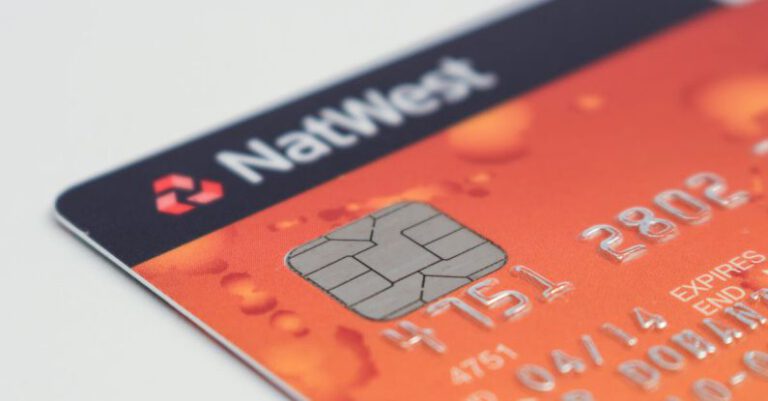Smart Practices for Protecting Your Personal Information Online
In today’s digital age, protecting your personal information online is more crucial than ever. With cyber threats constantly evolving, it’s essential to adopt smart practices to safeguard sensitive data and prevent falling victim to identity theft or fraud. By implementing the following strategies, you can enhance your online security and minimize the risks associated with sharing personal information on the internet.
Understanding the Risks
Before delving into the protective measures, it’s essential to grasp the potential risks involved in sharing personal information online. Cybercriminals are adept at exploiting vulnerabilities in security systems to gain unauthorized access to sensitive data. From phishing scams to malware attacks, the digital landscape is rife with threats that can compromise your privacy and financial well-being. By recognizing these risks, you can better appreciate the importance of implementing robust security measures to shield your personal information from prying eyes.
Creating Strong and Unique Passwords
One of the simplest yet most effective ways to protect your personal information online is by creating strong and unique passwords for your accounts. Avoid using easily guessable passwords such as “123456” or “password,” as these are the first combinations cybercriminals will try when attempting to breach your accounts. Instead, opt for complex passwords that include a mix of letters, numbers, and special characters. Additionally, refrain from using the same password across multiple accounts, as this can increase the likelihood of a security breach if one account is compromised.
Enabling Two-Factor Authentication
Two-factor authentication adds an extra layer of security to your online accounts by requiring you to provide a secondary form of verification, such as a code sent to your phone, in addition to your password. By enabling two-factor authentication, you can significantly reduce the risk of unauthorized access to your accounts, even if your password is compromised. Many popular online services offer this feature, so be sure to activate it wherever possible to enhance your account security.
Being Cautious with Public Wi-Fi
Public Wi-Fi networks are convenient for staying connected on the go, but they also pose significant security risks if not used cautiously. Hackers can easily intercept data transmitted over unsecured Wi-Fi connections, potentially gaining access to your personal information. To mitigate this risk, avoid accessing sensitive accounts or sharing personal information when connected to public Wi-Fi networks. If you must use public Wi-Fi, consider using a virtual private network (VPN) to encrypt your connection and protect your data from prying eyes.
Regularly Updating Software and Applications
Keeping your software and applications up to date is crucial for maintaining strong security defenses against cyber threats. Software updates often include patches for known vulnerabilities that hackers could exploit to access your devices or data. By regularly updating your operating system, antivirus software, and other applications, you can ensure that your devices are equipped with the latest security enhancements to protect your personal information from potential breaches.
Being Mindful of Social Media Privacy Settings
Social media platforms are a treasure trove of personal information that can be exploited by cybercriminals if not properly secured. Take the time to review and adjust your privacy settings on social media to control who can view your posts, photos, and personal details. Limit the amount of information you share publicly, and be cautious about accepting friend requests from unfamiliar or suspicious accounts. By exercising caution and maintaining strict privacy settings on social media, you can reduce the risk of inadvertently exposing your personal information to malicious actors.
Avoiding Phishing Scams
Phishing scams are a common tactic used by cybercriminals to trick individuals into divulging sensitive information, such as passwords or financial details. These scams often involve fraudulent emails or messages that appear legitimate but are designed to deceive recipients into revealing confidential information. To protect yourself from phishing scams, be wary of unsolicited emails requesting personal information or urging urgent action. Verify the legitimacy of the sender before clicking on any links or providing any sensitive data. When in doubt, contact the organization directly through official channels to confirm the authenticity of the communication.
Protecting Your Personal Information Offline
While much emphasis is placed on safeguarding personal information online, it’s also essential to protect your data offline. Shred sensitive documents before disposing of them, store important documents in a secure location, and refrain from sharing personal information over the phone unless you initiated the call. By taking precautions both online and offline, you can minimize the risk of identity theft and protect your personal information from unauthorized access.
Embracing a Proactive Approach to Online Security
In conclusion, safeguarding your personal information online requires a proactive approach to security that encompasses a combination of preventive measures and vigilant practices. By creating strong passwords, enabling two-factor authentication, exercising caution on public Wi-Fi networks, regularly updating software, adjusting social media privacy settings, avoiding phishing scams, and protecting personal information offline, you can enhance your online security posture and reduce the likelihood of falling victim to cyber threats. Stay informed about emerging security risks and technologies, and remain vigilant in protecting your personal information to safeguard your digital identity and privacy in today’s interconnected world.






